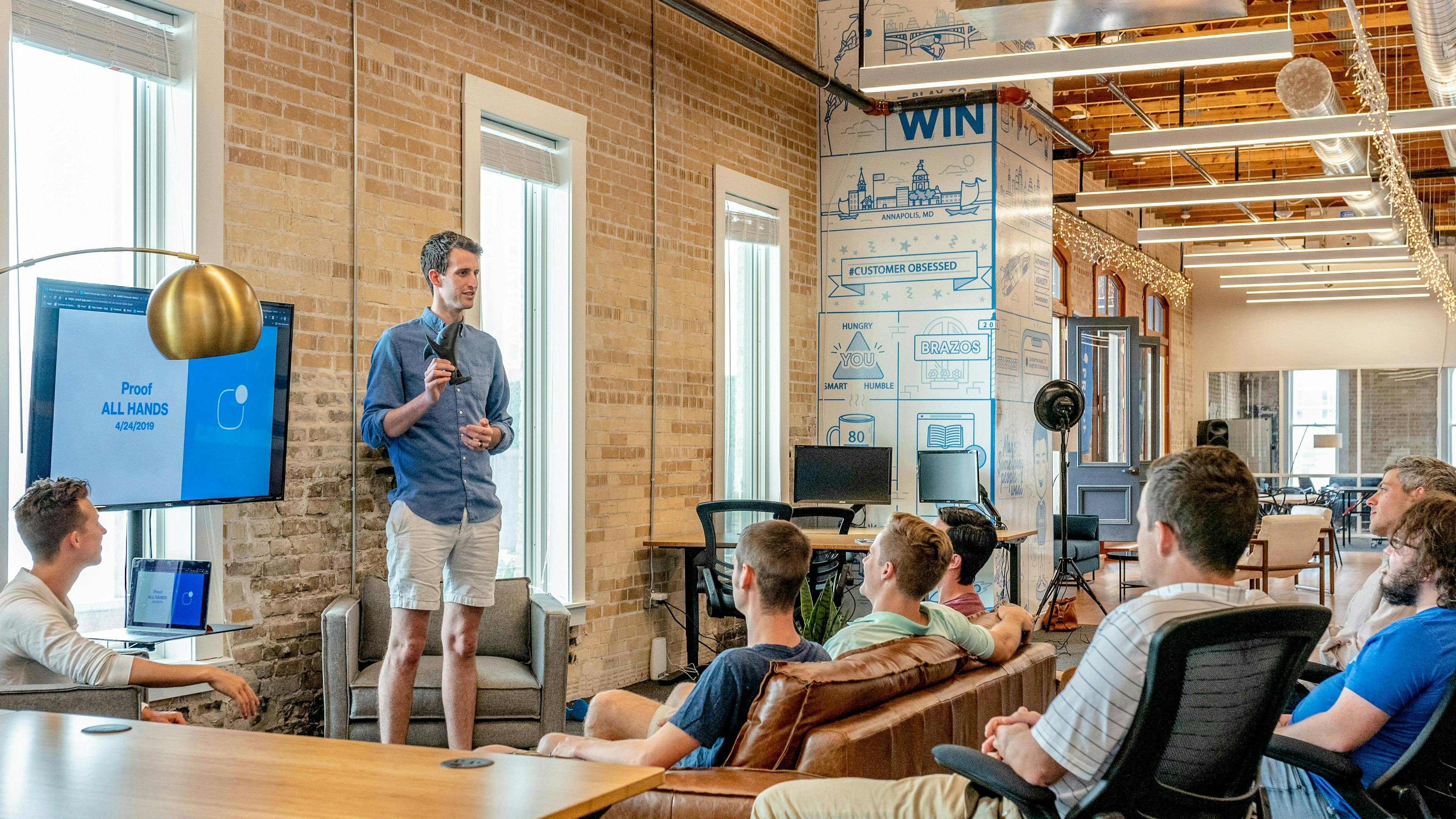Why Leadership Development and a Customer-Focused Approach Are Essential in Today’s Hospitality Industry
May 13, 2025
More Than Rooms and Meals
Picture this: two travelers arrive at two different five-star hotels in the same city. Both hotels offer elegant rooms, fine dining, and modern amenities. But at one hotel, the guest is greeted warmly by name, the front desk recalls their past preferences, and a small welcome note awaits in the room. At the other, the check-in is efficient but impersonal. Both hotels charged nearly the same price, yet the guest leaves one feeling valued and the other feeling invisible.
This story highlights a simple truth: in today’s hospitality industry, customer experience—not infrastructure—has become the ultimate differentiator. And behind every great guest experience stands leadership—leaders who inspire their teams, set high standards, and model the empathy that hospitality is built on.
The Changing Face of Hospitality
Global travel is growing at an unprecedented pace. According to the UNWTO, international tourist arrivals are expected to surpass pre-pandemic levels in the coming years. This surge is not just about numbers—it’s about diversity. Guests today come from different continents, speak different languages, and carry different cultural expectations.
This means the challenge for the hospitality industry is no longer limited to service basics like clean rooms or tasty food. Instead, it’s about creating personalized, culturally sensitive, and emotionally engaging experiences.
Why Customer Experience Matters More Than Ever
In established hospitality brands, the competition isn’t about who has the largest pool or the softest sheets. It’s about how the guest feels:
-
Price fades, experience remains. Research shows that while guests often forget the exact room tariff, they vividly remember moments of care, warmth, and attentiveness.
-
Loyalty is emotional, not transactional. Guests return not just for comfort, but because they feel respected and understood.
-
Word-of-mouth is powerful. A single extraordinary experience can spark dozens of recommendations; a single poor experience can spread faster in today’s digital world.
The real battleground is no longer “value for money” but value for memory.
The Role of Leadership in Shaping Experience
Consistent, world-class customer experiences don’t happen by chance. They happen because leaders set the tone. Leaders are the ones who:
-
Inspire teams to go beyond checklists and deliver “wow” moments.
-
Bridge cultural gaps by modeling empathy and sensitivity.
-
Empower employees to act quickly and responsibly in guest-facing situations.
-
Create service culture where excellence is non-negotiable.
Without leadership, even the best-designed policies remain paper rules. With leadership, service becomes a living culture—one that permeates every interaction.
Grooming Tomorrow-Ready Leaders in Hospitality
The hospitality industry is evolving, and so must its leaders. Tomorrow-ready leaders are not just operationally competent; they are:
-
Emotionally Intelligent: They manage stress, show empathy, and inspire calmness in high-pressure moments.
-
Culturally Fluent: They understand how to welcome a Japanese traveler, assist a German family, or serve a Middle Eastern business guest with equal finesse.
-
Effective Communicators: They know that tone, body language, and active listening are as important as words.
-
Problem-Solvers: They handle complaints or crises swiftly, turning potential negatives into memorable positives.
-
Innovators: They adapt to technological changes like digital check-ins, AI-driven concierge services, and sustainability-driven practices.
Case in Point: Ritz-Carlton and Taj Hotels
Global examples prove the power of leadership in shaping customer experience.
-
Ritz-Carlton: Empower frontline staff to spend up to $2,000 per guest, per day, to resolve issues or delight customers without waiting for approvals. This trust is possible only because of strong leadership that empowers and trains staff.
-
Taj Hotels (India): Known for their culture of “Tajness,” where leaders actively model warmth, respect, and care. During the 2008 Mumbai attacks, Taj staff risked their lives to protect guests—an extraordinary example of leadership and service culture.
These cases underline that great guest experiences are not policies—they are leadership legacies.
The Leadership Gap in Hospitality
Yet, many organizations still treat leadership development as secondary to infrastructure investment. The risks are clear:
-
Staff morale drops without direction.
-
Service becomes transactional instead of emotional.
-
Guests feel inconsistencies, which damages loyalty.
Closing this gap requires structured leadership programs tailored to hospitality, not generic training.
3 Ways to Build Tomorrow-Ready Hospitality Leaders
-
Invest in Soft Skills, Not Just Technical Skills: Emotional intelligence, empathy, and cultural sensitivity must be core modules in leadership training.
-
Empower Leaders at All Levels: Leadership is not just for top managers—supervisors, team leaders, and even senior frontline staff should be groomed.
-
Blend Training with Real Scenarios: Use role plays, cultural case studies, and guest simulations to build practical, future-ready capabilities.
My Perspective and Experience
Over the years, I’ve had the privilege of training and grooming leaders across industries. What I’ve seen is universal: no matter whether it’s hospitality, manufacturing, or technology, success ultimately rests on leadership. But in hospitality, the stakes are especially high—because a single guest interaction can define the entire brand.
My approach has always been to help professionals evolve into tomorrow-ready leaders—leaders who combine operational expertise with empathy, adaptability, and cultural awareness.
Final Thought
Hospitality is not about rooms, restaurants, or amenities—it is about relationships, respect, and the leadership that sustains them.
In a world where travelers cross borders daily, customer experience is the true currency of loyalty, and leadership is the engine that powers it.



